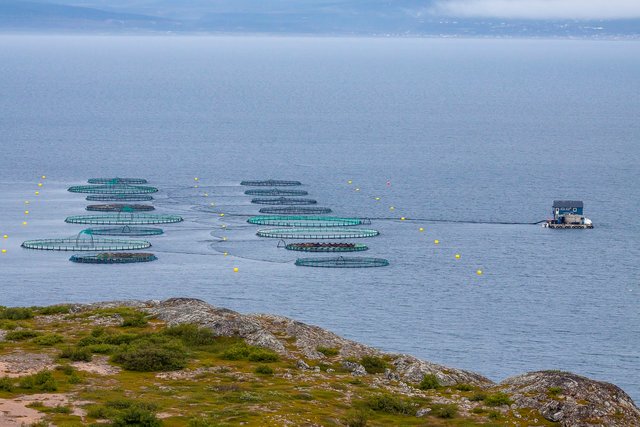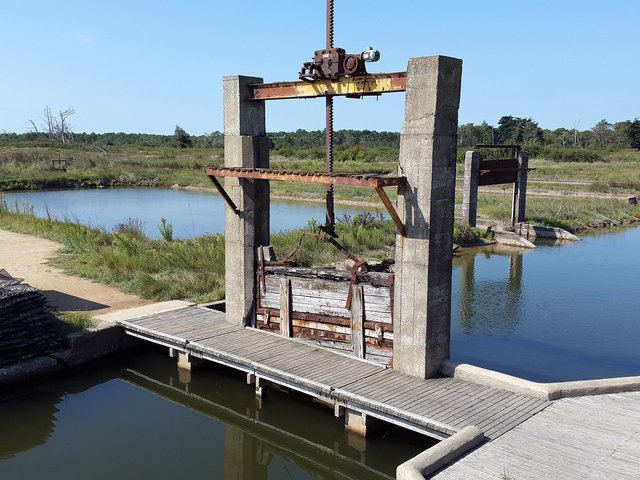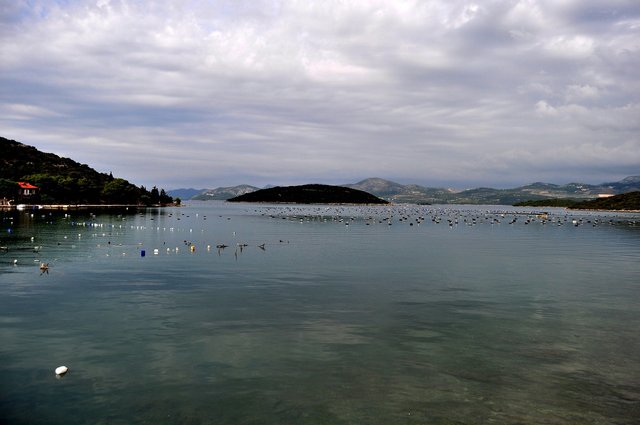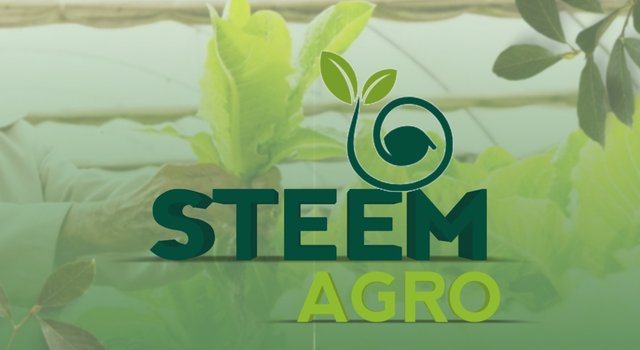Contest| "Living in the Agricultural World #10"
On this occasion I want to take part in a contest held by @ninapenda
about Contest| "Living in the Agricultural World #10"
here is my entry
Aquaculture systems and technologies
aquaculture is the practice of cultivating aquatic organisms such as fish, shellfish, algae, and shrimp in a controlled environment aquaculture systems are essential in meeting global food needs, especially amidst the increasing demand for animal protein sources in aquaculture the systems and technologies used determine the success of efficient production and the impact on the environment
types of aquaculture systems (ponds)
I can be done with various pond systems depending on the species being cultivated and the environmental conditions some types of pond systems include traditional ponds semi-intensive ponds intensive ponds aquaponic ponds
impacts of aquaculture systems on water quality and the environment
aquaculture systems have a major impact on water quality and the environment in intensive systems organic waste from fish feed and waste can pollute the water if not managed properly increased levels of nitrogen and phosphorus can cause eutrophication which reduces water quality and damages natural ecosystems but with the application of water treatment technologies such as biofilters or recirculation systems actual culture this impact can be minimized
role of technology in modern (automated) aquaculture
technology plays an important role in increasing efficiency of modern aquaculture is automatically used for various aspects including
water quality management feeding utilization and data analysis
this technology not only increases productivity but also helps reduce environmental impacts by minimizing waste and resource use
benefits and limitations of integrated multitrophic aquaculture (IMTA) systems
integrated multitrophic systems (IMTA) combine various organisms at different trophic levels in one system for example reef fish and algae are cultivated together so that waste from one organism becomes a source of nutrition for other organisms
benefits of IMTA are
ecological sustainability reduces waste and environmental impacts because waste is utilized optimally
product diversification farmers can produce various types of products from one system
increased efficiency available nutrients are used optimally increasing productivity
limitations of IMTA
complex management requires in-depth knowledge of species interactions and careful management
high technology needs require monitoring systems to ensure balance of artificial ecosystems
initial implementation is expensive initial investment in technology and infrastructure is quite high
overall aquaculture systems and technologies continue to develop to increase productivity sustainability and reduce negative impacts on the environment use of modern technology such as automation and application of IMTA provide innovative solutions and meet global food needs sustainably
that's all I can share On this occasion, hopefully it will be useful on this occasion I would like to invite my friends
@aplausos @mayberling @jasminemary
to participate in this context



https://x.com/zulbahr1/status/1868305417929179370?t=skRk18-P6A7sbbiZJnXdhQ&s=19
Welcome to steem-agro!
MODs Comment/Recommendation:
Thank you so much dear brother for participating in the contest.You have discussed all the topics very well.Great.Also, Engage with other participants by doing meaningful comments which will increase your chances of winning.I am wishing you all the best in the contest.
Remember to always share your post on Twitter using these 3 main tags #steem #steemit $steem

Thanks for verifikasi
My pleasure brother.
Such a informative Blog those who are interested in new thing's best wishes my Dear